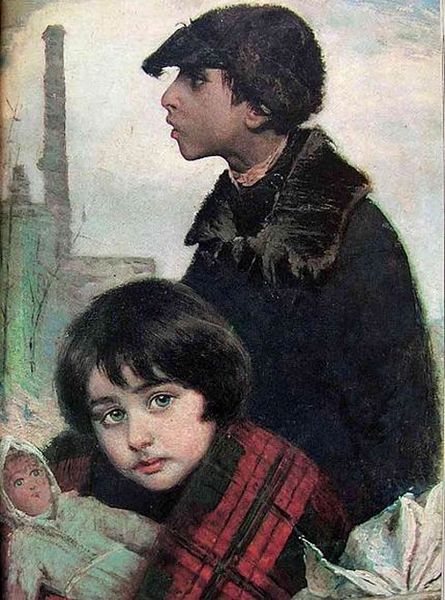
As a famous song performed by Whitney Houston states: I believe that children are the future, and anyone who agrees will be glad that the Thammasat University Libraries have acquired Century of the Child: Growing by Design, 1900-2000.
Based on a 2012 exhibit at New York’s Museum of Modern Art, Century of the Child takes its title from a 1909 book by the Swedish social reformer Ellen Key. A feminist and advocate for women being allowed to vote, Key declared that reform in social, political, psychological, and aesthetic matters would happen after children’s needs were recognized. Key also stated that children’s emotional and physical health is dependent on the spaces that children live in. Key believed that being a mother is so important to society that governments should subsidize mothers and children instead of hoping that husbands and fathers will earn enough to do so. She influenced such later pioneers in child development as the Italian educator Maria Montessori.
Century of the Child establishes that many modern artists concentrated on the problems of children’s physical, intellectual, and emotional development of children. They were inspired by Friedrich Froebel, the German educational reformer who created the idea of kindergarten. Froebel designed specially shaped toys which were meant to make young people more sensitive and appreciative to design. Among the architects and designers who were inspired by Froebel was the American Frank Lloyd Wright. Two other American designers, Charles and Ray Eames, designed children’s furniture using sheets of plywood painted blue, yellow, red, and violet-red.
The Thai perspective.
Thailand has a Froebel Education Center Co., Ltd. on Soi Ramkhamhaeng, Ramkhamhaeng Road, Hua Mak, Khet Bang Kapi, Bangkok. International agencies such as UNESCO and UNICEF work with the Thai government to improve early childhood care and education for children from birth to age five. As most people know, preschool education in Thailand is voluntary and has been free since 2009, when a 15-year free education policy was introduced. The government is striving to expand preschool education to state schools in rural areas, where the children of poor families lack the resources to pay for expensive programs. The great majority of preschool age students are enrolled in some kind of program, as a result of the free education policy in rural areas. Even so, many poor children in the countryside still do not benefit from preschool education. UNESCO statistics state that only 40 % of Thai children aged from three to five years old are sufficiently prepared educationally before they get to grade school.

Their reading skills and enjoyment of books and culture are affected by the amount of preparation they have received even before they arrive at the primary school level. UNICEF Thailand reminds us that the more we care for the smallest children and the environment they are brought up in, the better their future development as citizens will be. A 2012 survey on the situation of children and women in Thailand by the National Statistical Office with UNICEF states that about 84 per cent of children from ages three to five attended some kind of organized early childhood education. Fewer such children attend programs in urban areas because of the focus on children in the countryside. In Bangkok, only 66 percent of children aged three to five have access to early childhood education, according to UNICEF. Whether or not small children get this educational attention can significantly affect their future. Again according to UNICEF, 94 per cent of Thai children aged 3-5 attending early childhood learning programs are on track developmentally, while only 77 per cent of children at the same age who do not attend such programs are on track. Another difficulty is that in 2013, the Thai Department of Health discovered that fully one-third of early childhood development centers in the Kingdom are inadequate, not meeting national standards.
Clearly there is much room for improvement as we look to the future. In the West, by designing specifically for children, modern artists recognized their importance, as well as the perils of overlooking what will happen to future generations.

(all images courtesy of Wikimedia Commons).
